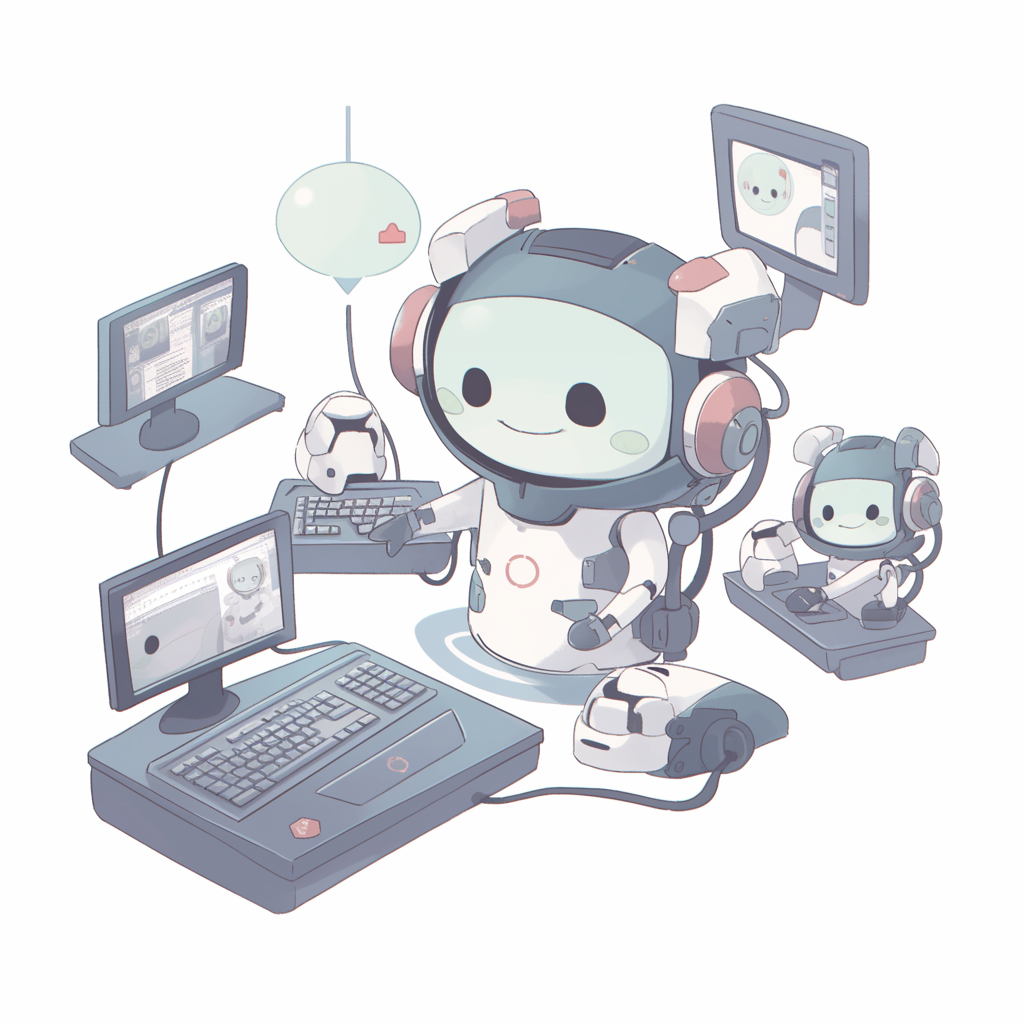
In today's digital era, organizations are constantly seeking innovative ways to enhance employee support and engagement. One transformative technology that is making waves in the HR landscape is Artificial Intelligence (AI)-powered chatbots. These intelligent virtual assistants have the potential to revolutionize how employees access information, receive support, and engage with their organizations. In this article, we will explore the benefits of AI-powered chatbots, their role in improving employee experience, and their impact on productivity and overall engagement.
The Rise of AI-Powered Chatbots: AI-powered chatbots are software programs designed to simulate human conversation and provide automated responses to user queries. They leverage natural language processing and machine learning algorithms to understand and interpret user inputs, enabling them to provide relevant and accurate information or assistance.
24/7 Availability: Unlike traditional support channels with limited operating hours, AI-powered chatbots are available 24/7. Employees can access them anytime, anywhere, eliminating the need to wait for human assistance and ensuring timely resolution of queries or issues.
Instant and Accurate Responses: Chatbots can rapidly process large amounts of data and provide instant responses to employee queries. Their AI algorithms enable them to continuously learn and improve over time, ensuring accuracy and relevance in their interactions.
Self-Service Capabilities: Chatbots empower employees with self-service options, allowing them to find information and resolve simple issues independently. This frees up HR professionals' time, enabling them to focus on more strategic tasks rather than addressing repetitive inquiries.
Consistent and Standardized Information: AI-powered chatbots provide consistent and standardized information to all employees, ensuring a uniform employee experience. This reduces discrepancies and confusion that can arise from human errors or inconsistencies in manual support processes.
Personalization and Contextualization: Chatbots can personalize their interactions based on employee data and preferences. By analyzing previous interactions and individual profiles, they can provide tailored recommendations, guidance, or resources to meet specific employee needs.
Enhanced Employee Experience: By providing quick and efficient support, chatbots contribute to a positive employee experience. Employees feel valued and supported when their questions are answered promptly, leading to higher satisfaction and engagement levels.
Empowerment and Autonomy: Chatbots empower employees by giving them the autonomy to find information and resolve issues independently. This self-service approach fosters a sense of ownership and empowerment, improving employee confidence and engagement.
Real-Time Feedback and Insights: Chatbots can gather feedback from employees during interactions, providing valuable insights to HR teams. By analyzing patterns and trends in employee queries, organizations can identify areas for improvement, update knowledge bases, and optimize HR processes.
Training and Development Support: Chatbots can assist employees in their professional growth by providing access to learning resources, training materials, or personalized development plans. This helps employees acquire new skills and knowledge, fostering a culture of continuous learning and career advancement.
Seamless Communication Channels: AI-powered chatbots can integrate with multiple communication channels, including instant messaging platforms, emails, or company intranets. This enables employees to access support and information through their preferred channels, improving accessibility and engagement.
Time Savings: Chatbots significantly reduce the time spent on repetitive and routine inquiries, enabling HR professionals to focus on strategic tasks that require human expertise. This boosts productivity and allows HR teams to allocate their time more effectively.
Streamlined HR Processes: Chatbots automate and streamline HR processes, such as leave requests, benefits enrollment, or onboarding procedures. By guiding employees through these processes, chatbots reduce administrative burdens, minimize errors, and ensure compliance.
Data-Driven Decision Making: Chatbots generate valuable data and analytics on employee queries, trends, and satisfaction levels. HR teams can leverage this data to identify patterns, optimize processes, and make informed decisions to enhance employee engagement and support.
AI-powered chatbots are revolutionizing the way organizations provide employee support and engagement. By offering instant and accurate assistance, personalized interactions, and self-service capabilities, chatbots contribute to a positive employee experience and foster higher levels of engagement. Furthermore, their impact on productivity and efficiency allows HR professionals to focus on strategic initiatives and create a more streamlined and data-driven HR function. As organizations continue to embrace digital transformation, AI-powered chatbots are becoming essential tools for optimizing employee support and elevating overall employee engagement.
